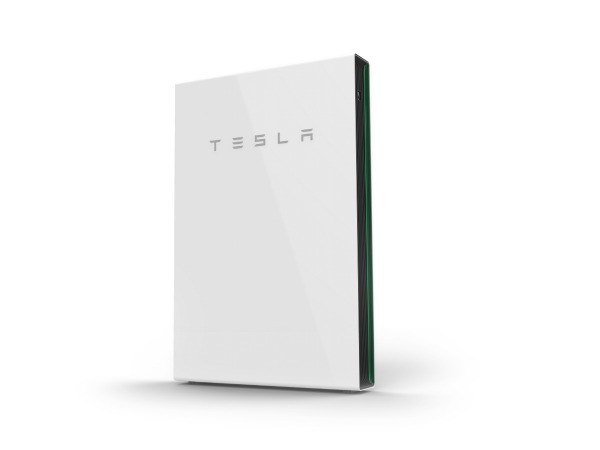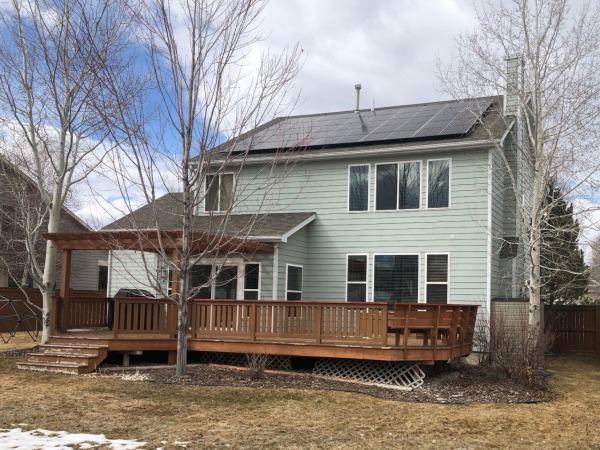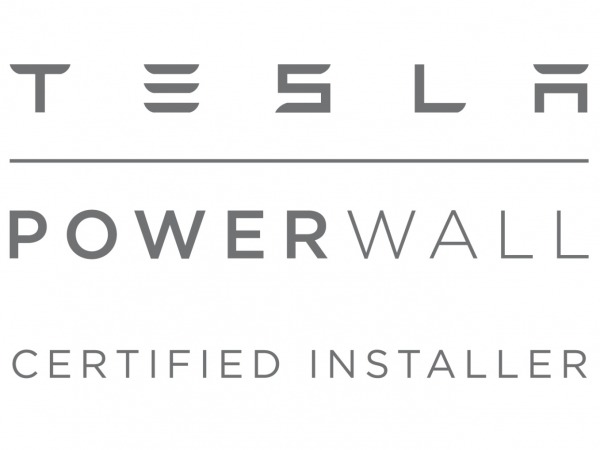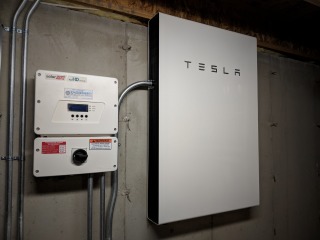Tesla Powerwall Installation
Projects

Client Profile
This homeowner approached OnSite Energy with the goal of a fully integrated and independent home energy system that included 100% clean energy powered by solar, reduced nightly grid dependence, power outage backup capability from a battery, and electric vehicle charging powered by the sun. These are the three pillars of a sustainable future: renewable energy production, efficient storage for nighttime or emergency use, and sustainable transportation. We were happy to take on such a comprehensive and exciting renewable energy project!

Tesla Powerwall
INSTALLED2019
POWER8 kW
PRODUCTIONEstimated 10,040 kWh/year
PANELSREC 320 watt Modules (x25)
INVERTERSolarEdge 7600H
MOUNTSnapNrack Series 100
WARRANTY20 Year Manufacturer's Warranty, 25 Year Power Output Warranty
Design
After purchasing their first fully electric car, a Tesla Model 3, the homeowners were increasingly interested in procuring the electricity for their car and home from renewable sources. At the same time, as a Tesla customer, they were aware of the benefits of the Tesla Powerwall battery storage product and its full integration into their existing mobile app to control their vehicle. They came to OnSite Energy for guidance on how to integrate solar, storage, and EV charging into a comprehensive system that met their needs.
The house had an ideal south facing roof that fit a 25 panel 8 kW solar array beautifully. By using REC N-Peak solar panels that feature 'Twin cell' cell technology in combination with a SolarEdge inverter with DC Power Optimizers on the back of each panel, we were able to maximize production from the system under variable shading conditions from the trees in the backyard.
From the roof, the power flows through the SolarEdge inverter to a new electrical service panel called a 'critical loads sub-panel' where the Powerwall, EV charging, lighting, refrigeration, and other 'critical loads' are supported independently from the rest of the house and the grid in the event of a power outage. As part of the original design, OnSite future proofed the system to enable the addition of a second Powerwall if the owners decide they want to increase the amount of backup power.
Under normal operation, power from the solar system flows first to any loads within the home, then to charge the battery. Any excess production once the battery is full takes advantage of net-metering by flowing onto the grid. In the event of a power outage, the Powerwall communications device (called the Backup Gateway) isolates the critical loads sub-panel, solar and Powerwall from the grid; this enables them to operate independently, and the home to function as its own microgrid!
Solar + Storage
Adding battery storage to a solar system brings with it a unique set of challenges. With a traditional solar system the primary goal is to match the annual production in kilowatt hours to the annual consumption on your energy bills. By utilizing net metering, your actual energy usage profile on a daily or monthly basis might not match the production of your system but over a year it evens out. When adding a battery into the equation, the solar system must be more closely paired with the battery and home. In addition to annual energy (amount) consumption we have to take into consideration varying daily and monthly production/consumption as well as peak power (rate) production and consumption.
REC 320 watt Modules




